Completed research
2023
SUMMALab
SUMMALab develops and evaluates a meta-lab approach for mobility experiments in the Amsterdam Metropolitan Area, the Rotterdam-The Hague Metropolitan Area and the municipalities of The Hague, Delft and Rotterdam. It is a network of one medium-sized and three large cities, but also metropolitan regions, provinces, private partners and knowledge institutions. A meta-lab is not a lab itself, but a collection point where different experiments are brought together so that learning from the experiments can be done faster and better. The meta-lab facilitates decontextualization and recontextualization of lessons learned locally.
In the words of the urban policy makers, SummaLab helps to (1) not reinvent the wheel from other cities (thus preventing very similar pilots), (2) not simply copy, but translate it into a new context, (3) to look broader than the project, the pilot.
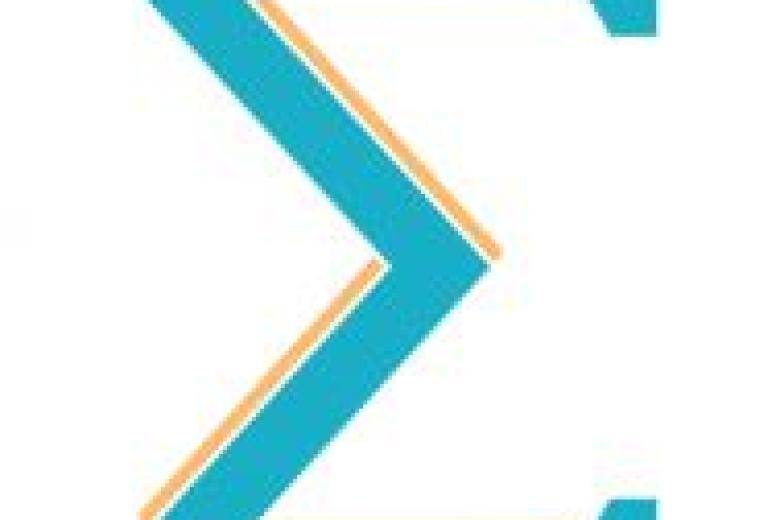
2022
SPIN
The SPIN project “Social and economic effects of partnering for sustainable change in agricultural commodity chains – A Southern perspective”, awarded by KNAW/DIKTI, is a collaboration between Maastricht University (MSI) and the University of Lampung (Sumatra, Indonesia).
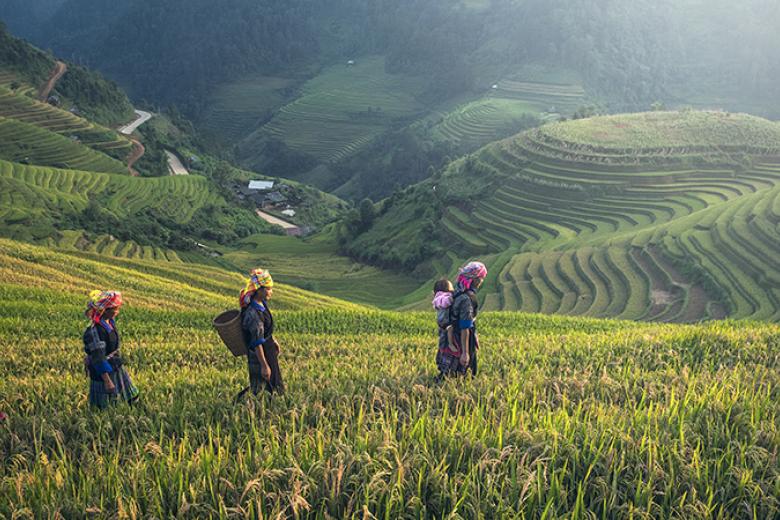
2021
LIJN-50 regional foresight study
The new Dutch Environment and Planning Act (‘Omgevingswet’) aims for more integrated policy to be developed in a participatory way. To support the so-called LIJN-50 municipalities Vaals, Gulpen-Wittem and Eijsden-Margraten in South Limburg, the Netherlands, the Maastricht Sustainability Institute and Pantopicon (a foresight and design studio in Antwerp) explored the potential of the region towards 2050 by means of a foresight study.
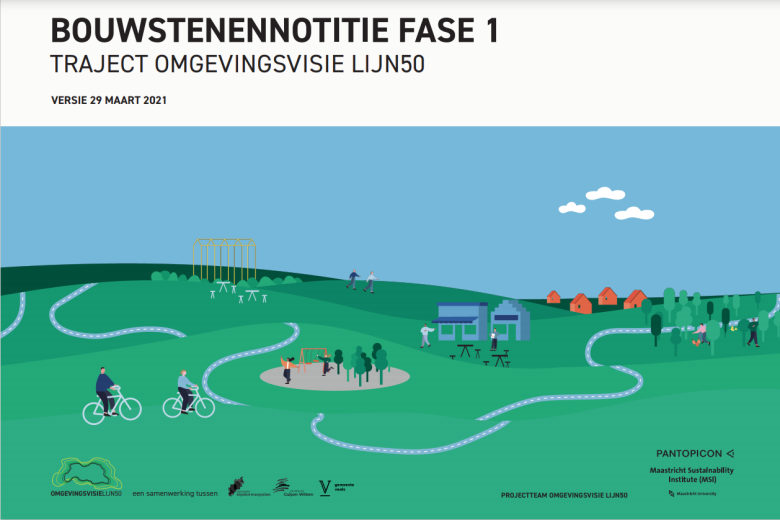
GLOCULL
The GLOCULL project aims to develop an Urban Living Lab approach for innovations in the FWE nexus that are locally and globally sustainable.

TEK4Labs
TEK4Labs wil een beter begrip én praktische ondersteuning opleveren door het ontwikkelen van een ‘experimenteerkit’ samen met het Nederlandse Netwerk van Stadslabs.
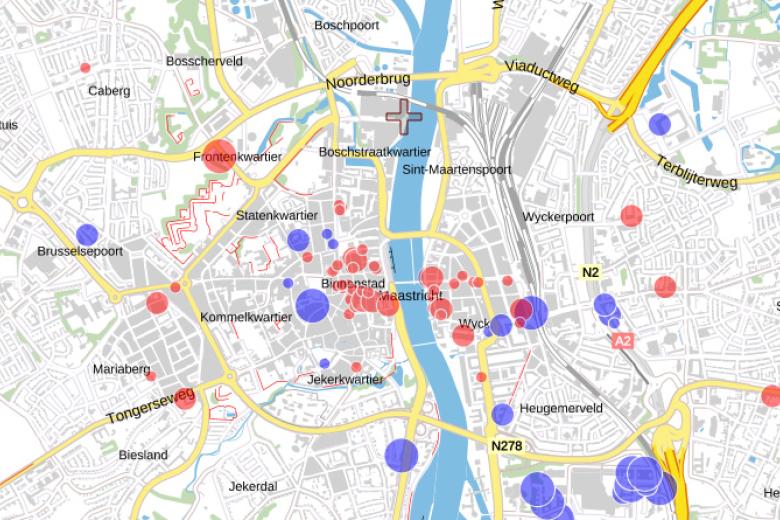
SALTO
CityLab2050 Antwerp aims to be a frontrunner of the transition program of the City of Antwerp. In order to achieve a system break-through on the urban level, this lab stimulates as a free thinking space a paradigm change towards integrated sustainability.
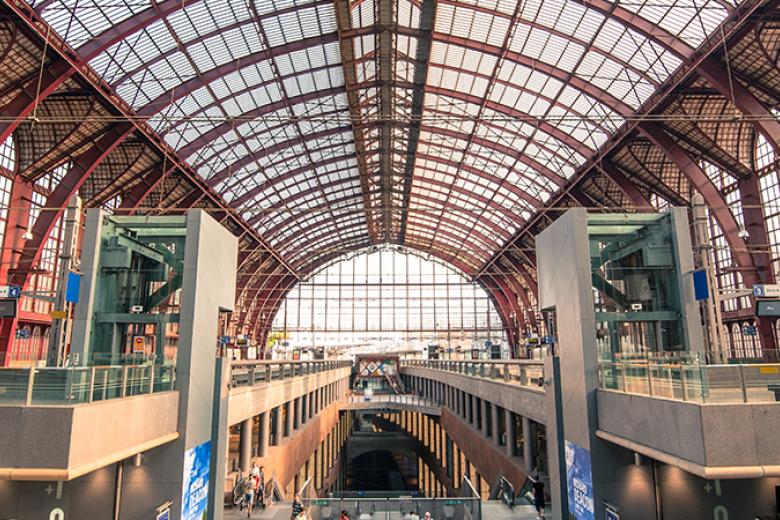
2020
STRASUS
The STRASUS (strategic sustainability for logistics) project aims to "gamify" the creation and, above all, the active implementation of a sustainability strategy (CSR) for small and medium enterprises (SMEs).

ENERGISE
ENERGISE is an innovative pan-European research initiative to achieve a greater scientific understanding of the social and cultural influences on energy consumption.

Verduurzaming Aurora flat Heerlen
Nederland staat voor een enorme uitdaging om de hoeveelheid broeikasgassen ten opzichte van 1990 drastisch (dwz met 95%) te verminderen voor 2050.
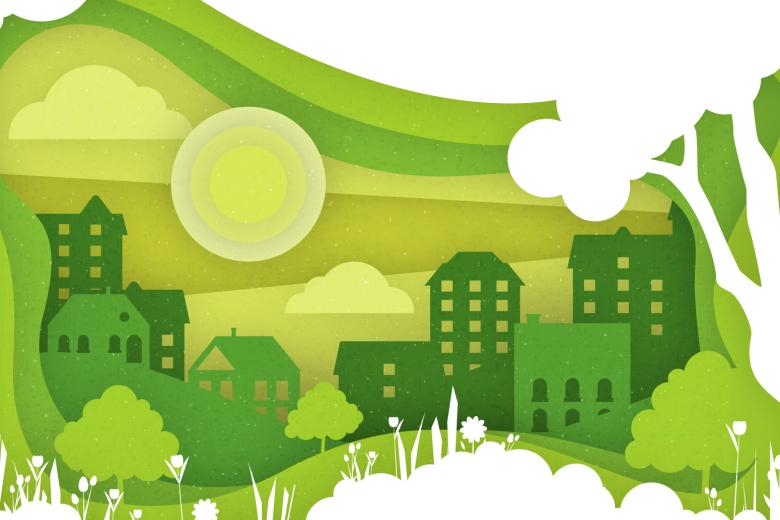
ENLEB
ENLEB is a project in which Flemish and Dutch partners work together to encourage citizens to make their homes energy neutral and adaptable to meeting changing needs through all life phases.

ACE Retrofitting
ACE Retrofitting (Accelerating Condominium Energy Retrofitting) will help condominiums to overcome legal, social and financial barriers of retrofitting.

2019
Smarterlab
The SmarterLabs project aims to develop a Smart City Living Lab approach to effectively deal with two major risks to successful, widespread implementation of smart transport technologies.

2018
HEEC Project
The project is part of Joint Scientific Thematic Research Programme (JSTP) – Smart Energy in Smart Cities, a collaborative research programme by China and the Netherlands with the aim to promote long-term collaboration among scientists from both countries.

TRANSIT
TRANSIT is an ambitious research project that will develop a theory of transformative social innovation which is about empowerment and change in society.

SMULLN
City labs were a new administrative link between local government and citizens' initiatives.

2017
URB@EXP
Designing guidelines that are needed concerning types of problems for which urban labs are most suited, how urban labs can best be organized, and how they can be integrated into urban governance systems.

NurSus
The aim of the NurSus project is to enhance the availability/relevance of a sound learning offer in Sustainability Literacy and Competency (SLC) in nurse education by developing innovative teaching and learning approaches and materials.

MUNPOP
MUNPOP is a joint program of researchers from Maastricht University, Utrecht University, and Radboud University Nijmegen on the topic of Partnerships for Sustainable Development.
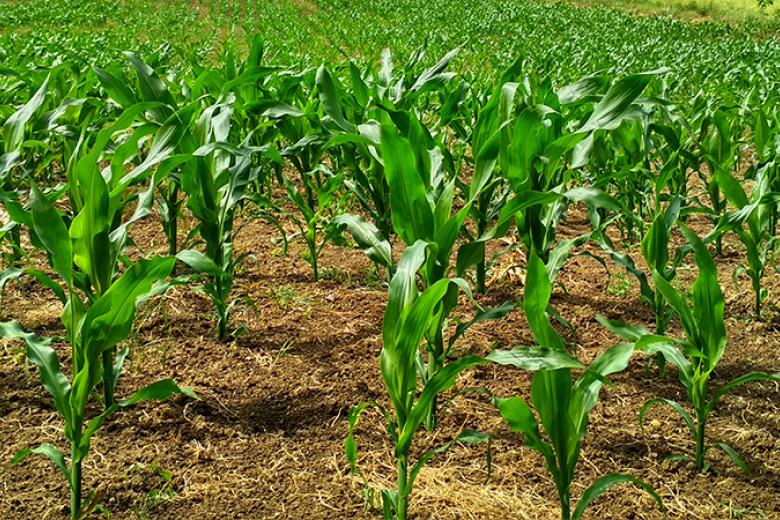
SPIN
The SPIN project “Social and economic effects of partnering for sustainable change in agricultural commodity chains – A Southern perspective”, awarded by KNAW/DIKTI, is a collaboration between Maastricht University (MSI) and the University of Lampung (Sumatra, Indonesia).

Local Energy Value Creation
The focus of the project is on Energy Backed Currencies (EBC) in Maastricht. We want to know in how far people and their organizations understand EBC and whether they are enthusiastic to implement this currency and way of thinking.
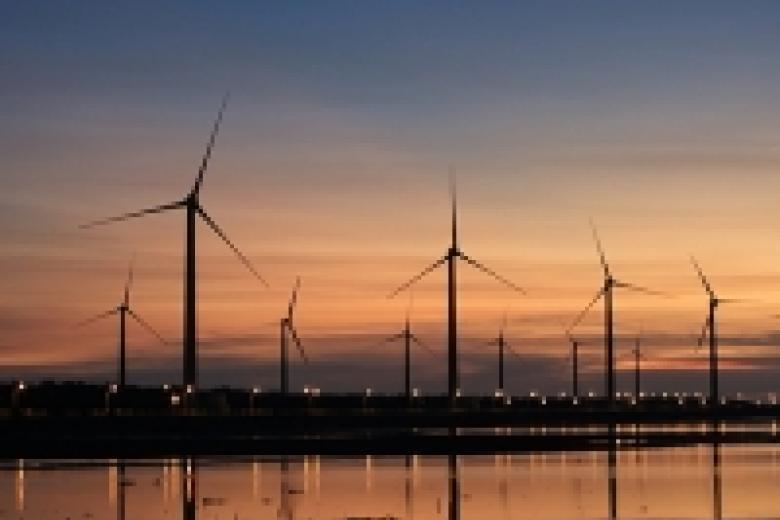
2016
POLFREE
The POLFREE project (EU FP7) develops an integrated vision for a resource-efficient economy for Europe which is oriented towards key goals of the EU 2020 strategy.
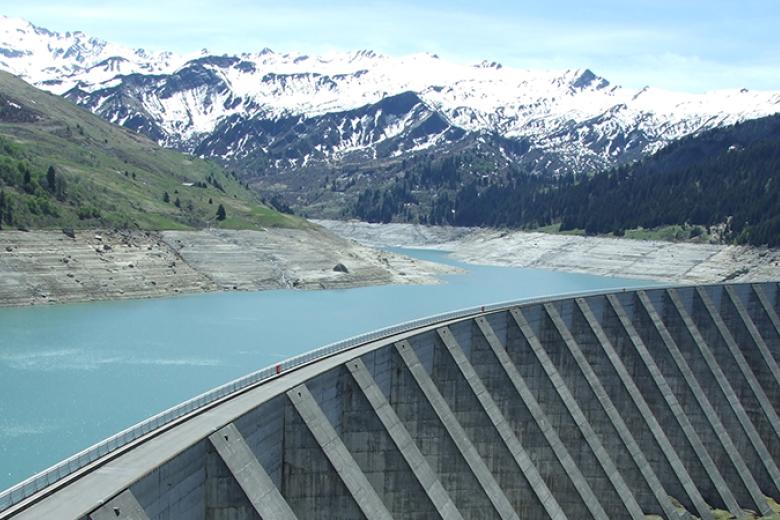
2014
ISI-MIP
ISI-MIP is a community-driven modelling effort with the goal of providing cross-sectoral global impact assessments, based on the newly developed climate [Representative Concentration Pathways (RCPs)] and socio-economic [Shared Socio-Economic Pathways (SSPs)] scenarios.

NESO-Brazil (Nuffic-Capes)
The overall objective of this three-years project is to establish a network of excellence in integrated sustainability assessment (ISA) among higher education institutions and research centers in the Netherlands (Wageningen University and Research Centre and Maastricht University) and Brazil (University of Sao Paulo, Embrapa, e.o.).
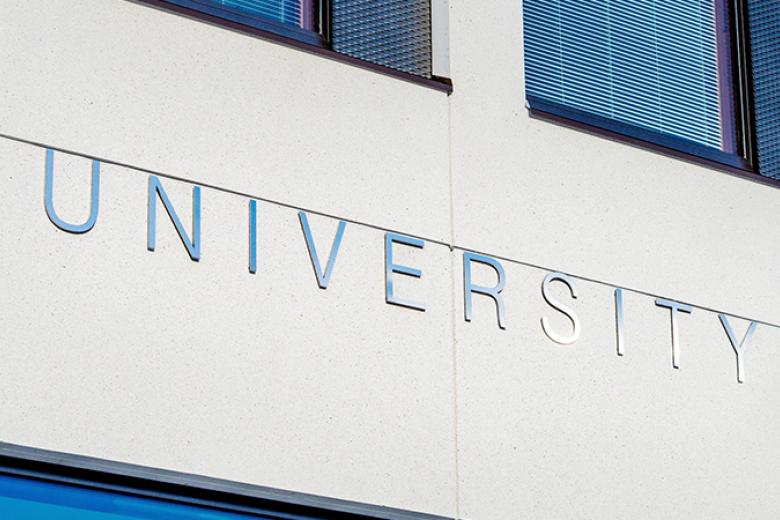
NPT Strengthening Teaching and Research Capacity of Preventive Medicine in Vietnam
The project aims to enhance the quality of teaching and research for those institutions in Vietnam producing the staff for the preventive medicine system. The objectives are to improve both technical and training capacity of the university level teachers and training conditions in preventive medicine in Vietnam.

2013
Adaptation Pathways
The Adaptation Pathways project, also known as the Perspectives Project, finished in autumn 2012. In this interdisciplinary and participatory project, MSI, Utrecht University, Twente University, Deltares, KNMI, Pantopicon and Carthago Consultancy, have developed and applied a novel scenario method to identify sustainable water management strategies for lowland rivers.
ORGANEXT
The general aim of the ORGANEXT project is to research and develop nano-materials and innovative deposition techniques for next-generation opto-electronic applications and thin-film solar cells.
Perspectives in Integrated Water Resource Management in River Deltas
Water management faces major challenges to cope with potential global change impacts, fundamental uncertainties surrounding future developments, and a diversity of societal perspectives.
SUN
Academic partners, the main cities of the Euregio Meuse-Rhine and people from the five urban neighbourhoods are involved in the project in order to improve the quality of live of these neighbourhoods, reinforce participation to sustainable development and increase exchanges and synergies between these cities.
VISION
The main objective of the project ‘Producing a shared vision on how to harness Research & Development for Sustainable Development (VISION RD4SD) is to ensure that Europe is able to contribute to a Sustainable Development of the world by formulating policies and decisions based on robust, up to date knowledge of highest scientific quality.
2012
ENHanCE
The ENHanCE Project aimed to assess the effects of future climate change on the spread of infectious diseases in Europe and its impacts on human health and wellbeing.
2011
Climate Change and Tourism in Spain
Weather and climate are closely linked to outdoor recreation activities and tourism in general. So far, coastal regions, and more specifically beach tourism, have received most of the attention regarding the impacts of climate change.
Governance for Sustainable Development: The Case of Limburg, The Netherlands
The project aims at investigating how sustainable development can be attained at the regional level. The Province of Limburg will serve as a case study. Stakeholders will play an important role throughout the project.
INSPIRATOR
This NWO funded research project examines experiences with knowledge co-production and the use of coproduced knowledge by decision-makers. A typology of knowledge co-production in the science-policy interface will be developed, based on existing classifications, as well as normative criteria to assess the effectiveness of co-production.
INTARESE
INTARESE is a 5-year project, funded by the EU, on developing and applying new, integrated approaches to the assessment of environmental health risks and consequences, in support of European policy on environmental health.
2010
ECLAT-COAS
The main objective of this project has been to enhance our understanding of climate change impacts on coastal and marine tourism in Europe and to assist in the vulnerability assessment of the sector.
Sustainable education in Limburg
MSI performed an inventory of education on sustainable development in Limburg. The aim of the project was to make a quick scan of educational programmes on sustainable development at schools in Limburg at primary, secondary and tertiary level; to analyse the role of external providers; and to explore the role of the Province.
Sustainable Mobility
The project developed an integrated assessment of the mobility problem. It examined initiatives with alternative mobility in the Netherlands and in other countries. On the basis of the causality analysis and experiences with alternative modes of mobility, sociotechnical scenarios are developed that describe the co-evolution of policy, technology and behaviour.
Synthesis study programme VAM
The Earth and Life Sciences (ALW) and Social Sciences (MaGW) have launched a new programme ‘Vulnerability, Adaptation, Mitigation and Adaptation-Mitigation’ (VAM). Complementing the earlier NRP programmes that targeted the natural sciences, VAM focuses on research into the social and behavioural aspects of climate change, drawing on disciplines such as public administration, geography, environmental economics, socio-cultural sciences, environmental law, and psychology.
2009
ADAM
ADAM will lead to a better understanding of the trade-offs and conflicts that exist between adaptation and mitigation policies. ADAM will support EU policy development in the next stage of the development of the Kyoto Protocol and will inform the emergence of new adaptation strategies for Europe.
Atlantis
The ATLANTIS project is an integrated assessment of future trends and impacts of tourism in Antarctica (ATLANTIS = Adventure, Tourism/Leisure in ANtarctica: Towards Integrated Scenarios). The project is funded by the Netherlands Arctic/Antarctic Research Program (NAAP) of NWO and is expected to take four years.
MarBEF
Network of Excellence on Marine Biodiversity and Ecosystem Functioning. MARBEF is the first FP6 network and aims to integrate marine biodiversity research at a European level.
NeWater
The central theme of the NeWater project is a transition from currently prevailing regimes of river basin water management into more adaptive regimes in the future. This transition calls for a highly integrated water resources management (IWRM) concept.
PESETA
PESETA project focused on the impacts of climate change on the following sectors: Coastal systems, Human health, Agriculture, Tourism, and Floods. For each of these sectoral categories, a corresponding sectoral-based study is developed.
2008
MATISSE
The objective of MATISSE is to achieve a step-wise advance in the science and application of Integrated Sustainability Assessment (ISA) of EU policies. In order to reach this objective the core activity of the MATISSE project is to improve the tool kit available for conducting Integrated Sustainability Assessments.
Perspectives in integrated Water management
This pilot project focused on a new method of scenario development for dealing with uncertainty. In these scenarios, there is a focus on various uncertain developments (climate, space, economy etc.), and explicit attention to possible developments of social perspectives.
Sustainable Tourism in the Antarctic Peninsula
This project aims to contribute to the development of effective management policies to preserve the Antarctic environment, while accommodating tourism. This project – funded by NWO – made these views explicit, and connected them with policy. Special attention was given to the scale aspect: is it necessary, desirable and possible to limi tourism in Antartica?
ZonMW scoping study
This scoping study (funded by the Netherlands Organisation for Scientific Research), in collaboration with Erasmus MC and RIVM), has identified the potential consequences of global environmental change on human.
Before 2008
|
Camera |
|
cCASHh |
|
Cohesie |
|
Dealing with uncertainty project |
|
EPN (European Phenology Network) |
|
Firma |
|
Globalisation, Environmental Change and Public Health |
|
Goliath |
|
HarmoniCOP |
|
Hot4 |
|
INSURE |
|
IRMA |
|
Medaction |
|
New methods for sustainable urban and neighbourhood planning project |
|
NMP4 |
|
OCCUR (Ozone and Climate Change interaction effects for Ultraviolet radiation and Risks) |
|
OEEI |
|
Parkstad Limburg region 2030 project |
|
POL |
|
Sustainability A-Test |
|
The river Meuse and uncertainty management |
|
UNEP |
|
Visions |
For more information about these (and other) completed projects, contact MSI office